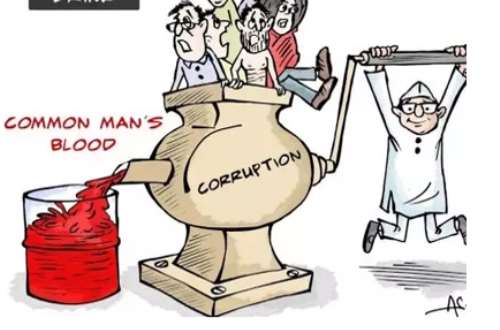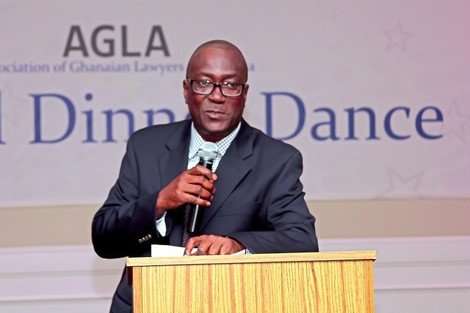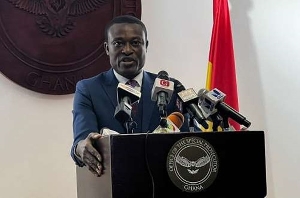The 8th Bioenergy Week and Study Tour for Capacity Building forum has concluded its three-day deliberations, calling for strong engagement of the private sector in bioenergy investment
Panelists at the forum expressed the need for bold measures to boost investments in sustainable bioenergy. And the bioenergy supply value chain development with the private sector at the heart.
The forum was convened virtually. And in participation were high-level speakers across governments, African Union, United Nations, leading policy influencers, innovators, the private sector and investors.
The organization of the forum was by the Global Bioenergy Partnership (GBEP). In collaboration with the United Nations Economic Commission for Africa (UNECA), the Food and Agriculture Organization of the United Nations (FAO) and the African Energy Commission (AREC) of the African Union Commission.
The discussants dialogued on existing and emerging issues relating to bioenergy. Focus directed towards ways of fully unlocking the potential of renewable energies in Africa.
The state of Bioenergy in Africa
The demand and use of energy is a growing phenomenon in Africa, owing to several factors. These include population growth, economic development, industrialization, climate change and trade.
However, there still remains majority of African countries who do not have access to modern energy services. Bioenergy serves as a source of energy for households and industries. Nonetheless, its current use is mainly within unsustainable systems which have negative impacts on lives and livelihoods.
The Covid-19 pandemic has made it even the more urgent, to address the deficit in access in Africa. Without secure and reliable power supply, health systems cannot function optimally as well as other related infrastructure.
To build back better, African economies need to prioritize facilitating the development of the bioenergy sector in Africa.
Notable addresses at the Forum
UNECA’s Executive Secretary, Vera Songwe, represented by William Lugemwa, Director of the Private Sector Development and Finance Division, addressed the event.
She highlighted the role the renewable energy sector plays in a Covid-affected world. Specifically, she adduced that the renewable energy sector plays a major role in leading the fight against the devastating effect of the Covid-19 pandemic. Also, other crisis situations through strategic investments in sustainable energy.
“Access to reliable and sustainable energy is a crucial need. And is even more important today for supporting essential services during the time of crises. Africa’s private sector would be central in leading the much-needed ambitious energy transition,” she noted.
Other addresses at the forum
Furthermore, David Phiri, FAO Sub-regional Coordinator for Eastern Africa and Representative to the AU and UNECA indicated that, currently food systems consume 30 percent of the world’s energy.
However, there is a gradual move towards a period where more food will need to be delivered with less and cleaner energy, he argued. Therefore, sustainable energy sources are important in achieving food security and better nutrition.
“Among the sustainable development goals (SDGs) to be reached by 2030, the world has committed to ensuring access to affordable, reliable, sustainable and modern energy for all, under SDG7.
“It is worth mentioning that FAO takes SDG7 seriously. As it considers the key enabling role of energy in achieving food security and better nutrition. Thus, contributing to the attainment of the SDG2 on Zero Hunger. Moreover, energy prices influence food prices directly,” he stressed.
Luiz Eduardo de Aguiar Villarihno-Pedroso, the Ambassador of Brazil to Ethiopia and representative of the GBEP co-Chair commended Africa on the tremendous efforts directed towards increasing energy supply to its populations and economies.
“The government of Brazil will continue to support African nations to access affordable, reliable, sustainable, and modern energy. To enable them drive their socio-economic development as foreseen in the SDG7. An agenda where bioenergy plays an essential role in ensuring that this goal is achieved,” he added.
Also, Amani Abou-Zeid, Commissioner for Infrastructure and Energy at the African Union Commission highlighted the advantages of using renewable energies. He underscored the fact that renewable energies are cost-effective, viable and an attractive option to tackling climate change.
READ ALSO: AfDB launches $2.5 billion 0.875% Global Benchmark Bond




















